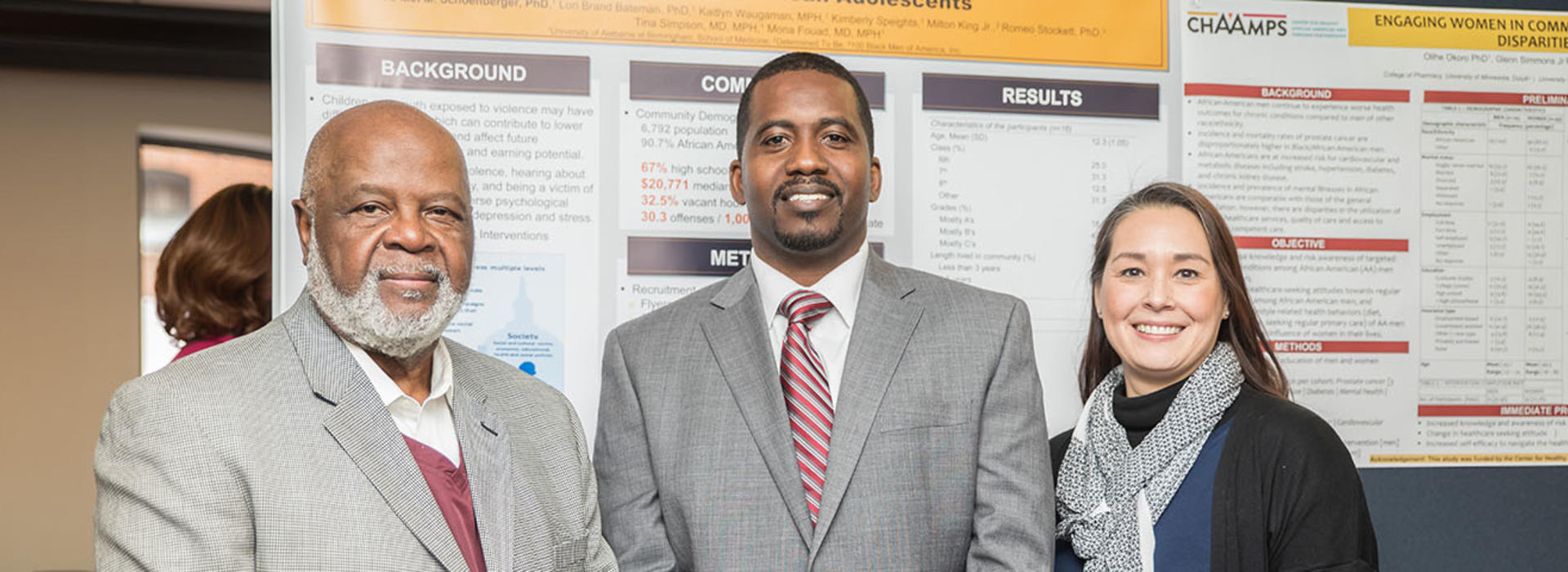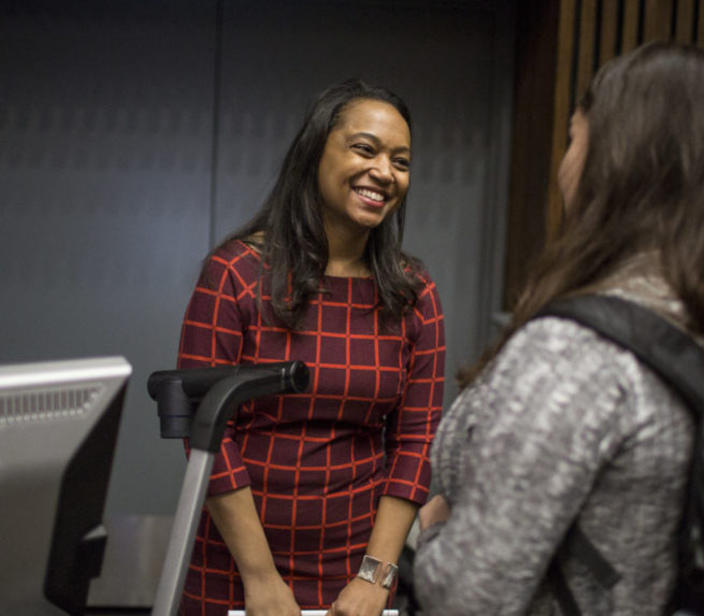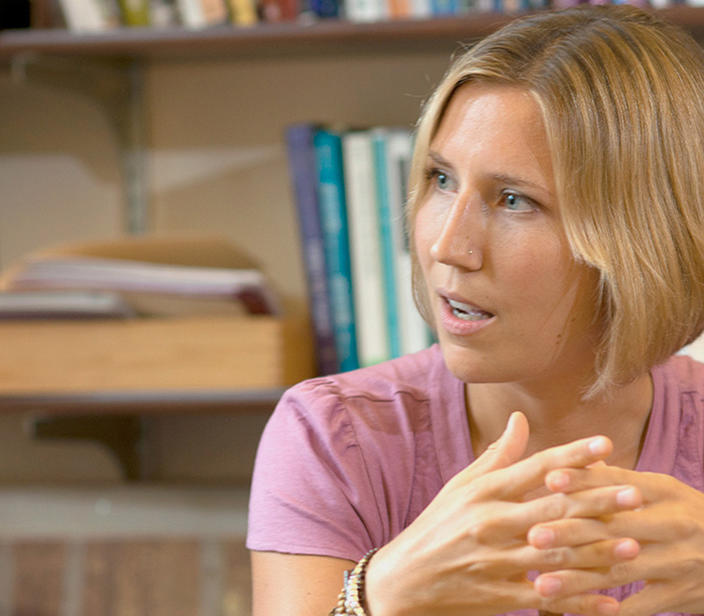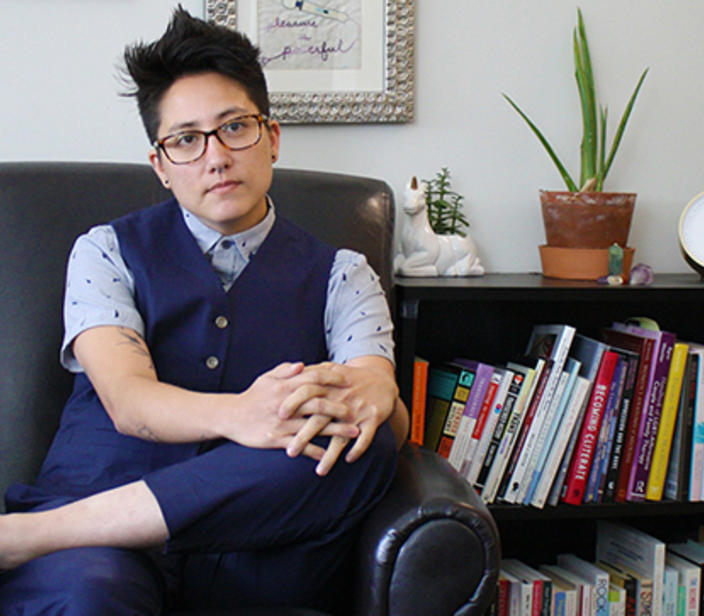
Our Collaborators
Ultimately, we are collaborators. We work with others outside our office across the medical school and University, as well as our clinical and community partnerships, to connect the dots and ensure we are addressing issues of inequities, bias and discrimination in our clinical programs, recruiting, curriculum and research. The following programs, centers, groups and committees also offer a variety of resources and connection points for faculty, staff and learners.
HOPE Commission
HOPE Commission is an acknowledgment that M Health Fairview must improve itself to produce more equitable health care outcomes for all of our patients. Commissioners Dr. Taj Mustapha, Diane Tran, and Dr. Christopher Warlick serve as executive champions to engage our joint clinical enterprise in creating an equitable culture, practices and outcomes.
Clinical & Translational Science Institute (CTSI)
The CTSI / Medical School Early Career Research Award is given to increase the diversity of tenure-track faculty through dedicated funding in support of the recruitment of URM early-career research faculty members. CTSI also oversees other career development and funding opportunities.
Masonic Cancer Center
The Masonic Cancer Center has several opportunities for the career development and support of underrepresented minorities.
Twin Cities & Duluth Diversity Offices
The U of M Office for Equity & Diversity (OED) and the Duluth Office of Diversity & Inclusion increase access to higher education by advocating for members of our community and emphasizing the importance of diversity in promoting learning and development at the U of M.
Disability Resources
The Disability Resource Center (DRC) works to ensure that all University faculty, staff and students have access and equal opportunities to enjoy campus life. UReturn, a division of the DRC, serves all University employees with any disability or medical condition requiring accommodations or workstation adjustments. Disability Resources at the U of M Duluth works to create an inclusive environment for all students by providing accommodations, empowering students to become self-advocates and by educating the campus community.
Diversity Community of Practice
The U of M Diversity Community of Practice (DCoP) is a grassroots systemwide community of faculty and staff who meet monthly via Zoom to develop and leverage personal, professional, and technical expertise, effectively creating innovative strategies that ensure successful implementation of equity and diversity goals at the U of M.
Institute for Diversity, Equity, and Advocacy
The Institute for Diversity, Equity, and Advocacy (IDEA) works to transform the University of Minnesota by enhancing the visibility and productivity of an interdisciplinary group of faculty and community scholars. Resources include: faculty research grants; sponsorship of symposia and lectures; faculty workshops; mentorship; and professional development opportunities for junior American-Indian faculty and faculty of color.
Let's Work Together
If you want to partner with the Medical School Office of Diversity, Equity and Inclusion, contact us.


